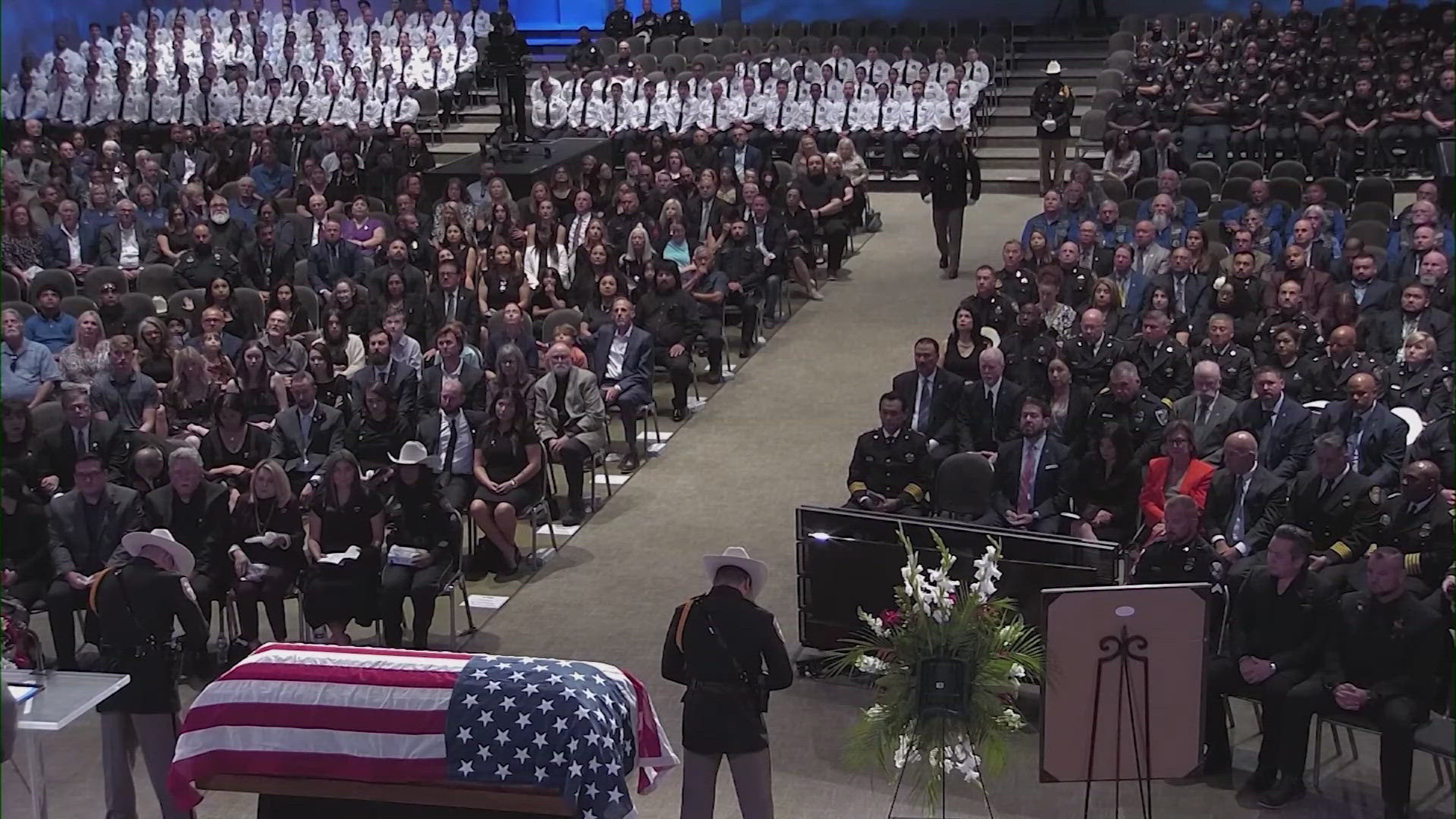HOUSTON — When crime happens in Houston, the race is on to find the person responsible and get them off the street as quickly as possible.
A new technology known as Rapid DNA promises to cut DNA testing time from weeks or months to under two hours – about the time it takes to watch a movie.
A months’ long pilot program into that technology between the Houston Police Department and Houston Forensic Science Center showed promise, but also raised serious concerns.
Dr. Peter Stout is the president and CEO of the HFSC and was part of that pilot program.
“I think the speed has a real advantage,” Stout said.
He added that his lab – like all labs in the United States – are under increased pressure to produce test results more quickly.
But the bulky machine has its limitations. For one, it consumes any evidence that’s entered, which could pose problems if only one sample is collected. That could also lead to problems in the future if additional testing needed to be done. Stout is also concerned with how the machines distinguish mixtures of DNA – like from a doorknob touched by several people.
“This is people’s lives and freedom, and how that gets used needs to be carefully done,” Stout said.
During the pilot program, two swabs would be collected – one processed at the crime lab, another through the Rapid DNA machine. The results would then be compared.
During the pilot, Lt. Warren Meeler with HPD told KHOU last year that “rapid DNA is the future.”
“These are the types of cases we want to solve quickly,” Meeler said. “If we don’t get those answers quickly, we may wait weeks or even months for those results to come back from the crime lab.”
A spokesperson for HPD said the department is still using its Rapid DNA machine on a limited basis for investigative leads connected to violent crimes.
Rapid DNA results aren’t admissible in court, but it can lead to evidence that is.
Last August, President Trump signed into law the Rapid DNA Act of 2017, which allows the FBI to issue “standards and procedures for the use of Rapid DNA instruments and resulting DNA analyses.”
With the law in place, the FBI said it will “be working toward the testing and implementation of this new technology.”
A study that same year by a Swedish forensic lab was stopped early when nearly a quarter of blood samples couldn’t be used. The lab also cited instances when samples were contaminated due to leakage in the machine.
Stout said the FBI and Texas DPS agree that there’s potential for Rapid DNA but the proper procedures and protocols need to be put in place.
“For an answer to be quick and wrong is obviously somebody’s life,” Stout said. “It’s also somebody’s life if the answer is wrong and too late.”


